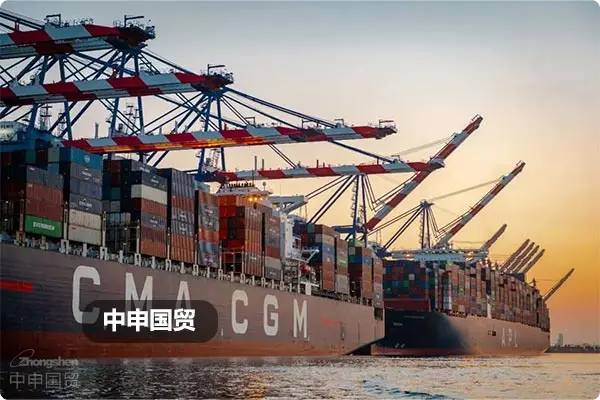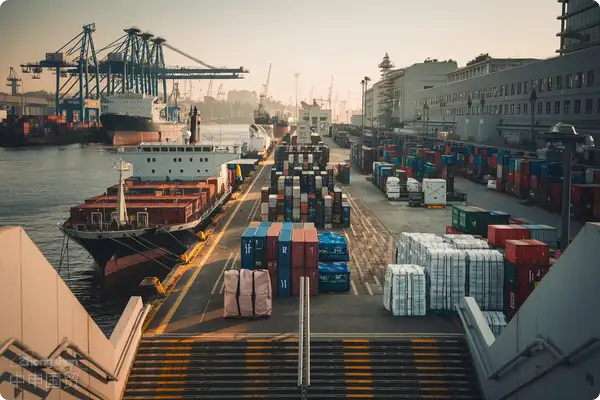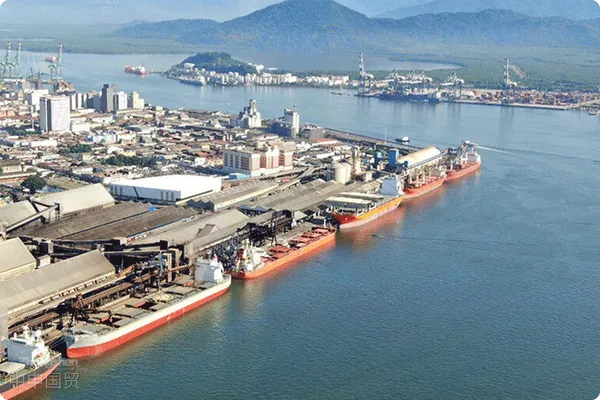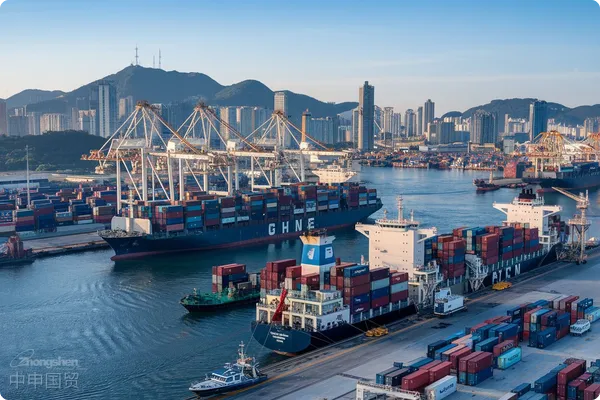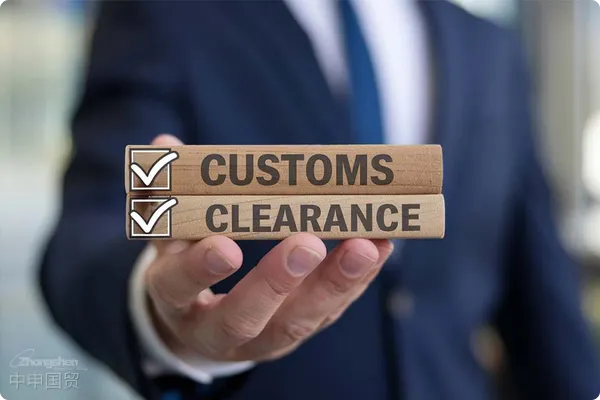- Shanghai Zhongshen International Trade Co., Ltd. - Two decades of trade agency expertise.
- Service Hotline: 139 1787 2118
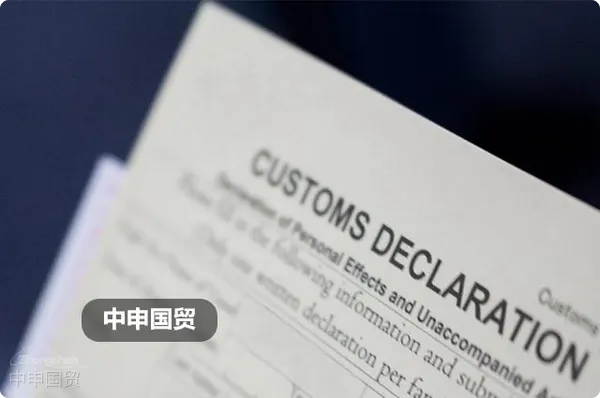
I. Background of Grey Customs Clearance,
The buyer may request the goods to be sent to a third party outside the contract for various reasons, such as accelerating customs clearance or reducing taxes and fees. This practice is relatively common in some countries, such as Russia and Brazil, but there are also risks.
II. Risk Examples
Exporter Company A has long - term cooperation with Buyer Company B in Russia, and the cumulative transaction amount exceeds tens of millions of US dollars. However, after a period of time, Company B began to default on payment, causing Company A to face economic pressure.
Cause of the problem:
When Company A tried to recover the arrears from Company B through legal means, Company B denied that they had purchased and received the goods in question. Company A tried to submit evidence to prove the transaction with Company B, but when reviewing the trade documents it provided, the following problems were found:
(1) Company A could only provide a copy of a framework agreement signed with Company B many years ago, and there was no clear order subsequently.
(2) The bill of lading provided showed that the consignee was not Company B, but a different entity. Company A explained that this consignee was a customs clearance company designated by Company B, but Company B firmly denied it.
(3) The payer shown on the payment receipt was consistent with the consignee on the bill of lading, but did not match Company B.
Core of the risk:
Since Company A failed to provide clear written evidence of the transaction, it put them at a disadvantage in the legal proceedings. Although Company A claimed to have a long - term business relationship with Company B, due to insufficient evidence, it was difficult for them to prove that Company B actually owed them the payment. In addition, due to the inconsistency between the consignee on the bill of lading and Company B, this provided Company B with an opportunity to deny the transaction.
Consequences:
Company A is facing huge economic losses and has encountered significant legal obstacles in the process of trying to recover the outstanding payments. They not only cannot obtain the due payment for goods from Company B, but may also need to pay expensive legal fees. This case emphasizes the importance of retaining complete, clear and consistent written records in international trade to prevent similar risks from occurring.

III. How to Prevent Risks
a. Avoid participating in grey customs clearance activities.
b. Retain complete trade documents and try to obtain their originals.
c. Ensure the transparency of the capital flow.
d. Establish a complete chain of evidence to ensure the effective protection of ones own rights and interests when risks occur.
The above content is sourced from Sinosure.ZhongShen International TradeAs a one - stop importExport Representationservice provider, it can provide customizedimport and exportSolution. If you needforeign tradeFor import and export agency services, please feel free to contact our company for business inquiries. The consultation hotline is 139 - 1787 - 2118.
Related Recommendations
Contact Form
? 2025. All Rights Reserved. 滬ICP備2023007705號-2  PSB Record: Shanghai No.31011502009912
PSB Record: Shanghai No.31011502009912
